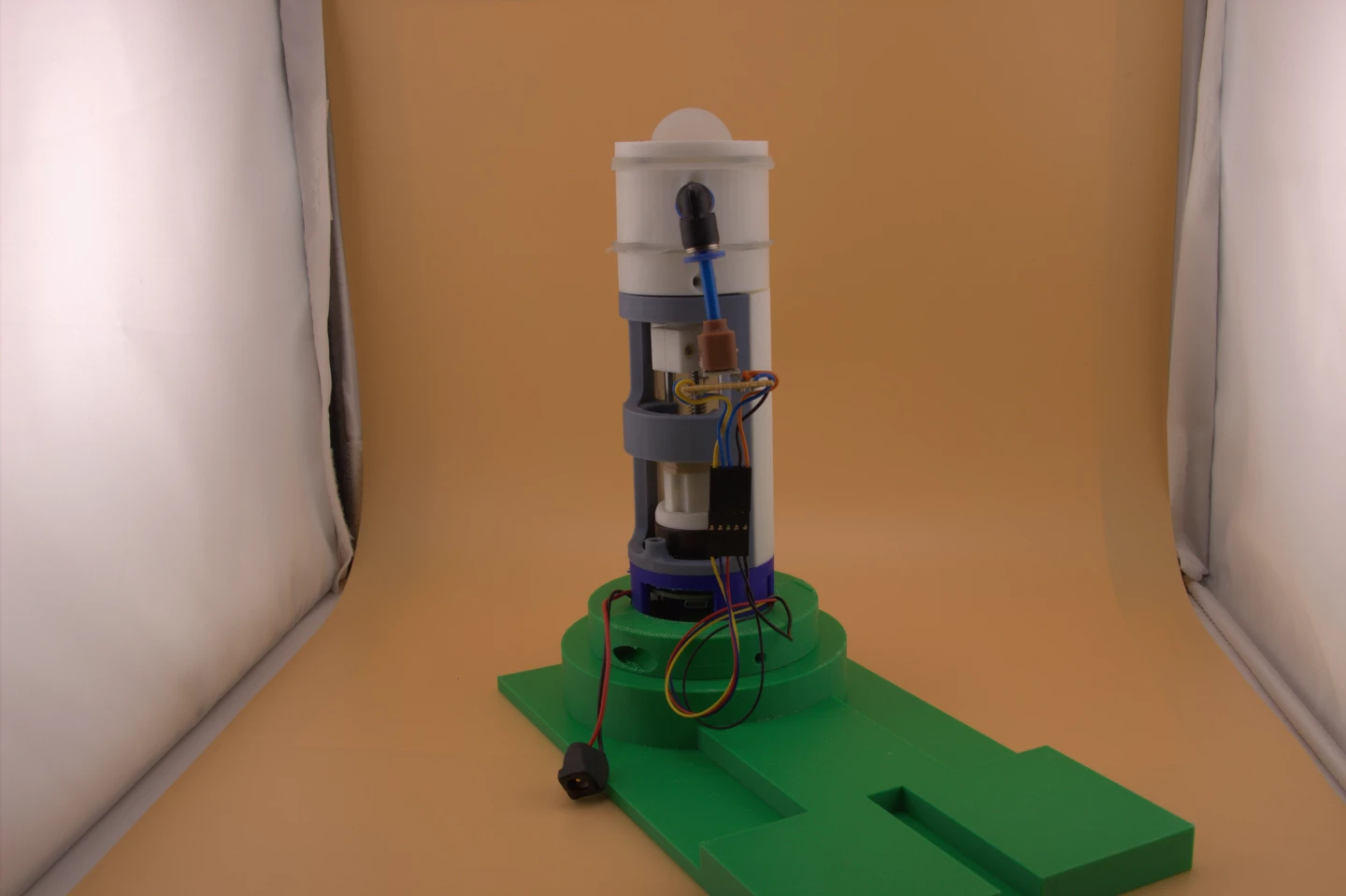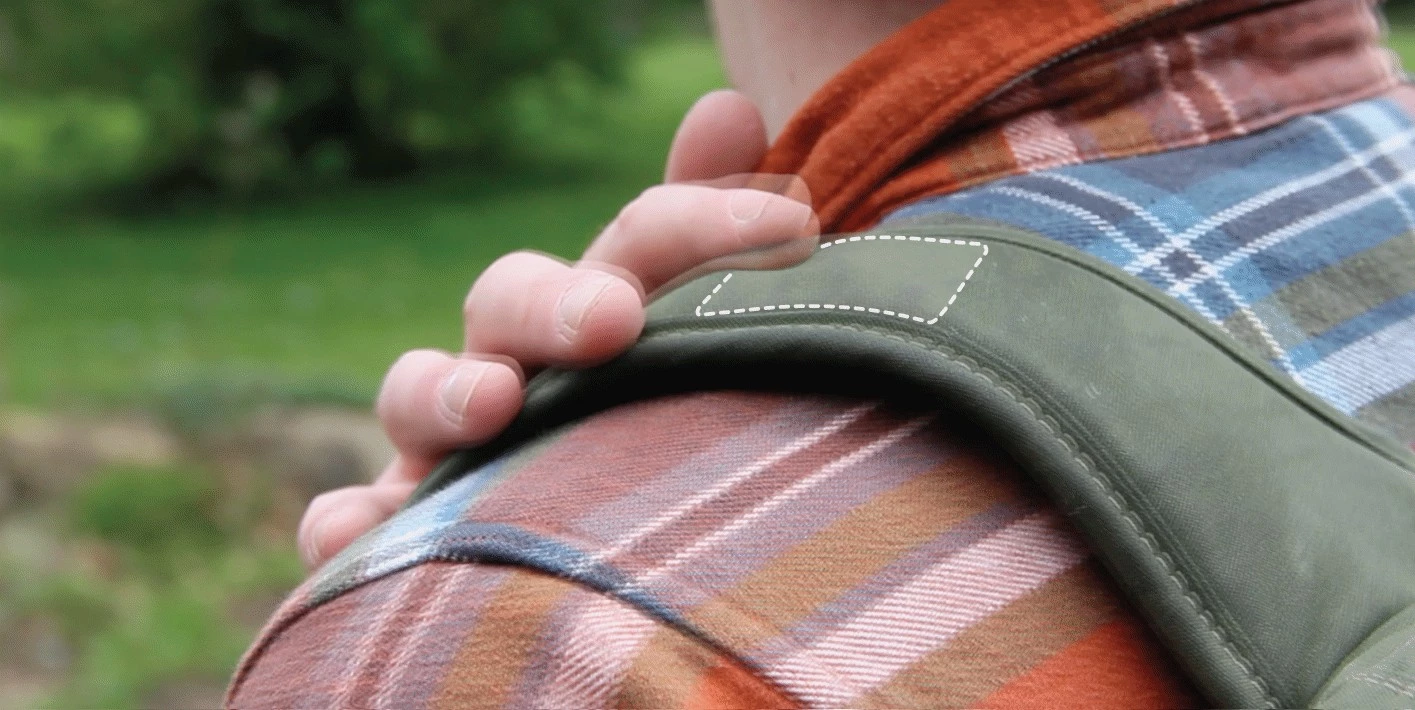Input devices such as computer mice may be rigid for now, but thanks to new hydraulic haptic tech they could someday be soft n' squishy. And that's not all … they may also "throb" in our hand to provide tactile feedback as we use them.
Existing gadgets like mice and joysticks are perfectly functional, but they're not necessarily the most intuitive tools for certain tasks.
There are some scenarios in which a twisting, squeezing or pressing motion would come more naturally than a clicking motion. And likewise, receiving tactile feedback via the fingers would work better than receiving visual or audible feedback. That's where "HydroHaptics" technology is designed to come in.
Being developed by Prof. Jason Alexander and colleagues at Britain's University of Bath, the current version of the system takes the form of a vertical cylindrical device with a deformable silicone dome at the top (other variations have substituted a bellows-like structure or a pouch for the dome).

That dome forms the exposed top surface of a sealed hydraulic cell filled with a fixed volume of water. The bottom of the cell is likewise sealed with another flexible silicone membrane, this one internal. Directly below the cell is a pressure sensor, along with a screw carriage powered by a brushless DC motor.
When the user twists, squeezes or presses the dome, they displace the water in the cell, causing it to press down on and extend the lower membrane. That telltale increase in pressure is detected by the sensor, which is able to match it to the corresponding gesture and associated command.
Tactile feedback is provided in a similar (but opposite) fashion, as the device uses its motor to compress the hydraulic cell from below, thus pushing the top dome upward against the user's finger. In this way, it can create the sensation of a continuously tensioned pushbutton, a single discernible click, or an oscillating vibration.

The technology has so far been demonstrated in a cushion that can control smart home devices by being pressed or squeezed; a joystick that provides gamers with haptic feedback simulating resistance, tension and sharp impact; a backpack that provides smartphone notifications and navigational cues through taps and presses delivered by the shoulder straps; and a soft-domed mouse that guides users in the sculpting of virtual objects by simulating the material's stiffness.
All of these things were done without the bulkiness or power requirements of a pump, which has been one of the drawbacks of other hydraulic haptic systems.
"With this technology, we can include high-quality haptic feedback in soft deformable objects and interfaces for the first time – we see huge potential for this technology across a wide range of interactive devices," says Alexander. "Our experiments show this is a reliable system for allowing a human to interact with soft objects in a meaningful way that will enhance the way we live and work."
A paper on the research was recently presented at the ACM Symposium on User Interface Software and Technology.
Source: University of Bath



